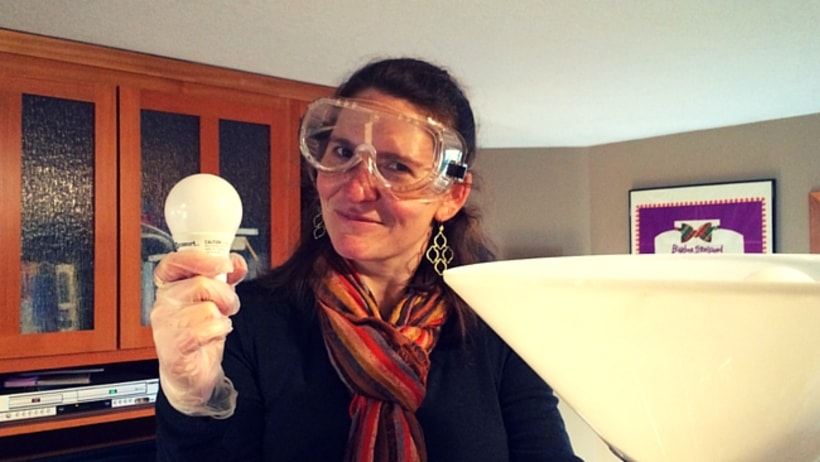My mom will confirm I have been a rule follower my whole life. I thrive on order, and I see rules as guidelines meant to keep me and those around me safe. It’s partly my type A personality that makes me a rule follower, but I honestly don’t mind following the rules as long as they make sense to me. Sometimes this means that I’m a little less daring, or I take a little more time to decide that a particular adventure is right for me, but that’s part of the cost of being a rule follower. I have fun, even if that means a slow-paced, well-thought-out kind of fun compared to someone more spontaneous. This rule following is also why I find so much inspiration in Judaism to help guide me in daily life.

Parshat Pekudei, this week’s Torah portion, brings to a close the book of Exodus. During this book we’ve read about the encounters the Israelites had with God at Mount Sinai and in the desert, as well as about the sacred spaces they were asked to create for God. The parshah itself deals with the final judgments about who will work on the Tabernacle and what the priests are supposed to wear. Finally, the text takes up the building and establishment of the Mishkan, the sacred space where God will dwell among the Israelites.
As God is presenting Moshe with the rules and regulations of anointing the priesthood, we read the line “This Moshe did; just as the Lord had commanded him, so he did.” Apparently, Moshe “did” twice? Why is the bookend necessary?
The first “doing” teaches us that Moshe was an active doer to begin with. He had the ability to make change. In other words, he wasn’t simply following orders, he was the mover and shaker among the nation. The reiteration that Moshe “did” is about his commitment to God’s words. Moshe was more than motivated; rather, he was motivated in accordance with what God asked and expected of him.
Rules are a valuable guide – they keep us safe, they give us direction, they give us boundaries. But it’s the commitment behind the rules that gives us purpose.
It’s a similar concept to one we read just a few parshiyot ago in Mishpatim. The people utter “na’aseh v’nishma,” meaning they will do and they will hear (Exodus 24:7). Judaism has long been thought of as an “active participant” type of religion. In fact, I myself am a firm believer in the power of “doing Jewish” rather than merely being Jewish. However, the understanding of those actions plays just as big a role. After all, are we not Yisrael, the nation that “wrestles” with God and our tradition?
For me, this dichotomy is the essence Conservative Judaism. We are expected to think things through and act on them, but we should be motivated to do so as an expression of our relationship with God. That is doing Jewish.
-Rabbi Eve Posen
Source: Following the Rules – Parshat Pekudei 5776 – Rabbi Eve Posen



